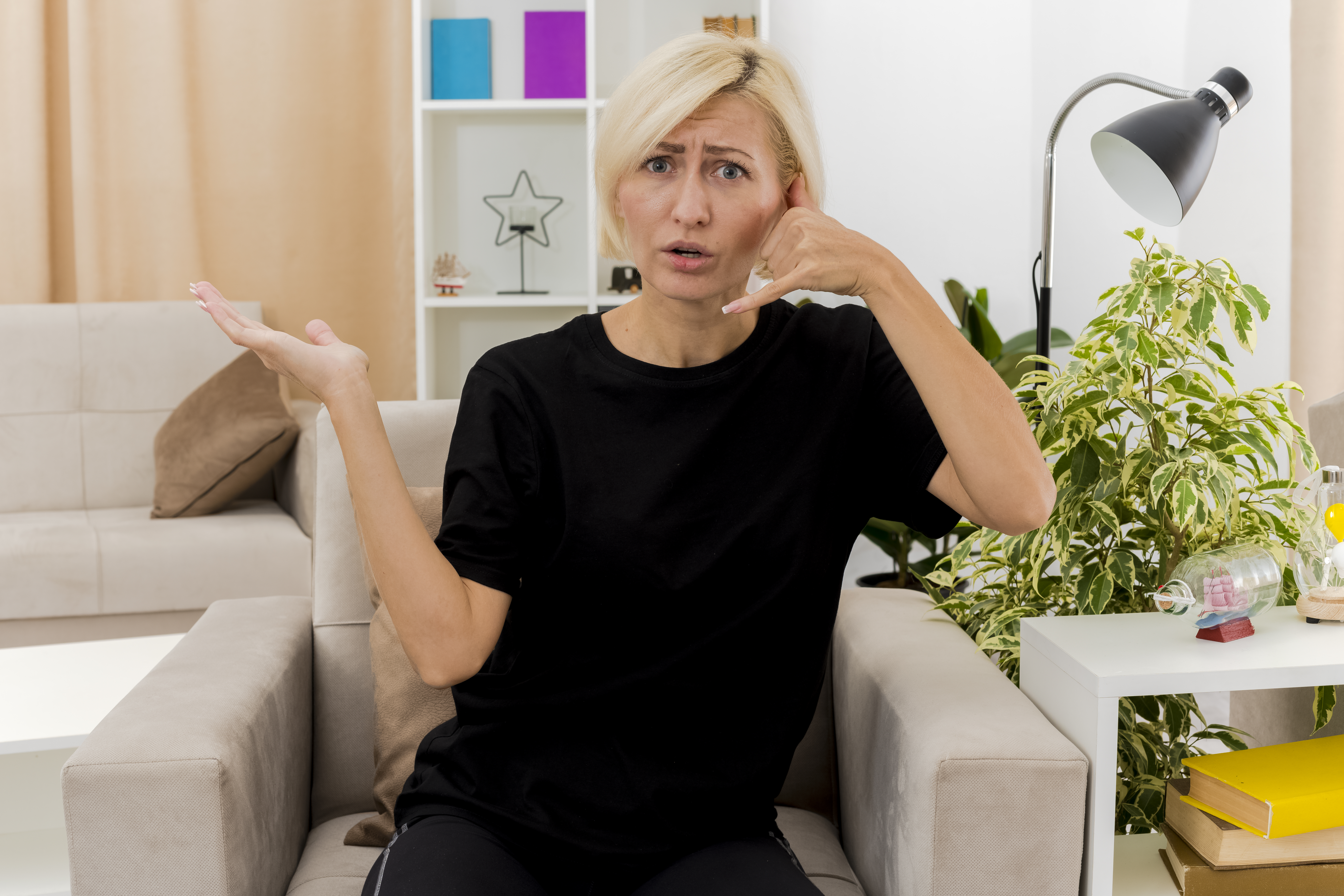Built to help women have a 360° approach to health through perimenopause to post-menopause.
welcome to MY BLOG
Can Menopause Cause Depression?

March 19, 2024
Menopause happens naturally as women get older. During this time, their ovaries stop making certain hormones, like oestrogen and progesterone. This means they can’t have babies anymore and their periods stop. Because these hormones affect mood, women going through menopause might feel emotional and have psychological symptoms, making them more likely to develop depression. These mood changes can be tough, affecting their relationships, work, and confidence. Symptoms can include feeling anxious, moody, irritable, lacking confidence, having memory issues, and trouble sleeping, which can make things worse.
Can Menopause Cause Depression?
Many women go through mental health challenges, especially depression, during menopause. Research shows that women in perimenopause, the phase when hormone levels drop and menopause symptoms start, are more likely to experience depression. Hormonal changes during menopause can deeply affect one’s life, leading to feelings of hopelessness, anxiety, and being overwhelmed. Studies also suggest that women during menopause are more prone to depression than before, especially those with a history of depression or PMDD (premenstrual dysphoric disorder) and postpartum depression. Hormones, particularly oestrogen, play a key role in mood regulation. Lower oestrogen levels around menopause can trigger depressive symptoms due to their impact on neurotransmitters like serotonin and norepinephrine.
However, not all women undergoing menopause will experience depression. Those with healthy adrenal function are less likely to have issues because the adrenals take over hormone production from the ovaries during menopause. Symptoms vary from person to person, but there are treatments available to manage menopausal depression. If you or someone you know struggles with menopause-related mental health issues, it’s important to seek help from a menopause specialist or mental health professional.
Signs and Symptoms of Depression During Menopause:
- Persistent feelings of sadness and low mood.
- Increased anger or irritability, getting annoyed easily.
- Fatigue and low energy, finding it hard to do daily tasks.
- Difficulty focusing and being easily distracted (brain fog).
- Changes in appetite and weight, eating more or less than usual.
- Sleep problems, trouble falling asleep, leading to worsened symptoms.
- Loss of interest in activities once enjoyed.
- Decreased libido and interest in sex.
- Low self-esteem and confidence, feeling unworthy or hopeless.
- Physical symptoms like headaches, joint pain, and gut issues.
These symptoms can overlap with other menopause signs and vary from person to person.
Factors Contributing to Depression in Menopause:
- Genetic or family history of depression can increase your risk.
- Your medical history, especially having chronic conditions like heart disease or diabetes, can double the likelihood of depression during menopause.
- Biological factors like vasomotor symptoms (hot flashes and night sweats) can also play a role. These symptoms, combined with lack of sleep due to fatigue, poor concentration, and tiredness, can lead to decreased self-esteem and confidence, often resulting in feelings of sadness and depression. Getting enough sleep is crucial for regulating mood.
Treating Depression During Menopause:
Seeking help is key to overcoming menopause-related depression. There are medical treatments and lifestyle changes that can make a difference.
1) Lifestyle Adjustments:
- Eating a balanced, gut-healthy diet and exercising regularly can improve mood and reduce the risk of depression during menopause.
- Eat well and regularly, focusing on protein, hydration, and fibre to maintain energy levels and mood.
- Include a variety of fruits and vegetables in your diet to support gut health, along with probiotics like yogurt, tempeh, and kimchi.
2) Regular Exercise:
- Exercise releases endorphins, the “feel-good” hormone, reducing menopausal depression and anxiety.
- Physical activity can distract from negative thoughts and boost self-confidence, improving mental well-being and overall health.
3) Social Support:
- Exercising with friends fosters a sense of community and reduces the risk of depression.
- Social interactions combat feelings of isolation and loneliness, contributing to happiness and self-worth.
4) Quality Sleep:
- Aim for 7-10 hours of sleep per night to alleviate depression symptoms like fatigue and poor concentration.
- Address menopause-related sleep disturbances like hot flashes and night sweats to improve sleep quality.
5) Coping Strategies:
- Cognitive Behavioural Therapy (CBT) and relaxation techniques such as yoga, mindfulness, and meditation can effectively manage depression.
Treating menopause-related depression is not one-size-fits-all, as each woman’s experience is unique. Seeking personalised advice from a menopause specialist is recommended to find the right treatment plan. If depression occurs alongside other menopause symptoms, it’s crucial to consult a specialist. Exploring holistic therapies, therapy, or Hormone Replacement Therapy (HRT) may help manage both menopausal and depressive symptoms.
Thanks for reading
Louise x
If you are struggling with depression and are menopausal then please feel free to book a one-to-one consultation today.
Leave a Reply Cancel reply
I have a reputation as a compassionate and innovative therapist who produces rapid and lasting changes with my clients. Are you ready to become my next success story?
Website Designed W/ Love By Traveller By Trade
Copyright © 2021, Louise The Therapist
Privacy Policy